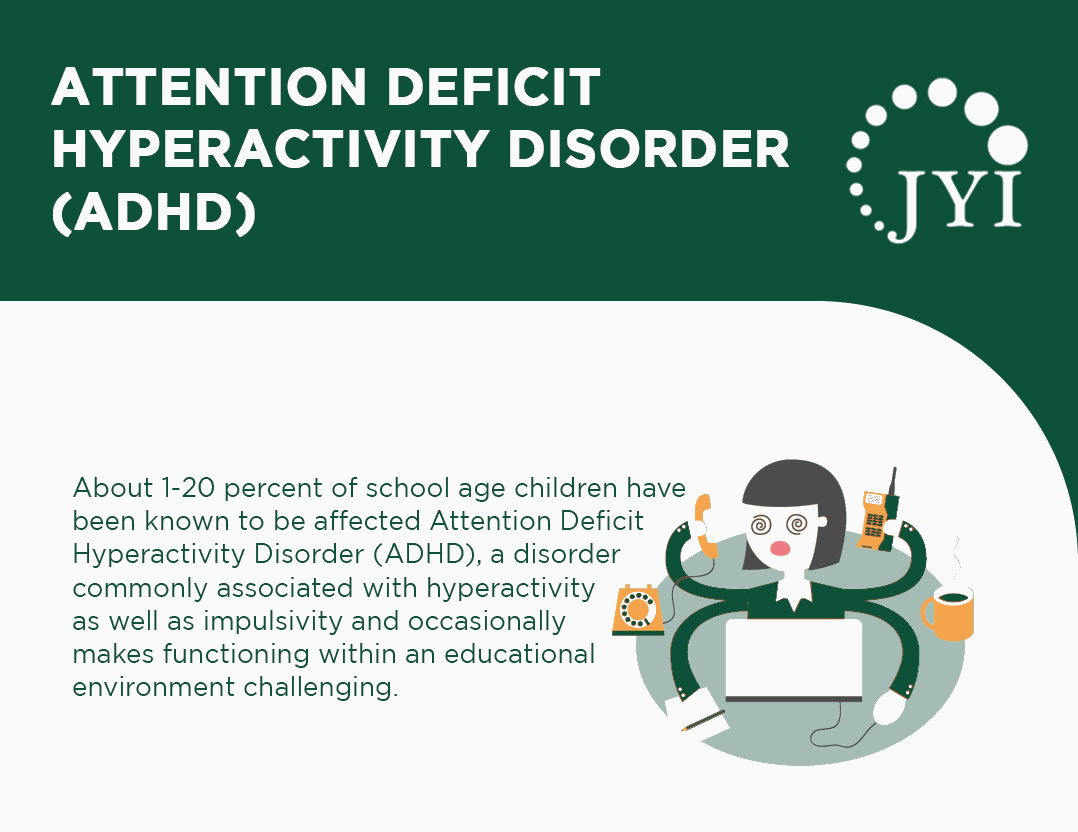Anywhere between 1 and 20 percent of school age children are affected by Attention Deficit Hyperactivity Disorder (ADHD), a disorder commonly associated with hyperactivity as well as impulsivity, that occasionally makes functioning within an educational environment challenging. In order to treat ADHD, Methylphenidate (MP) addresses the main cause: a disrupted dopamine system in the brain. However, MP is less effective when treating memory deficits than addressing the symptoms of ADHD. In a review of current research published today, Nidhila Masha of Duke University attempts to understand the mechanisms behind how MP alleviates working memory deficits.

